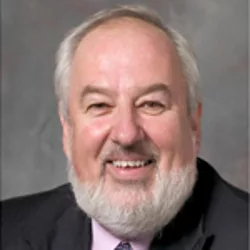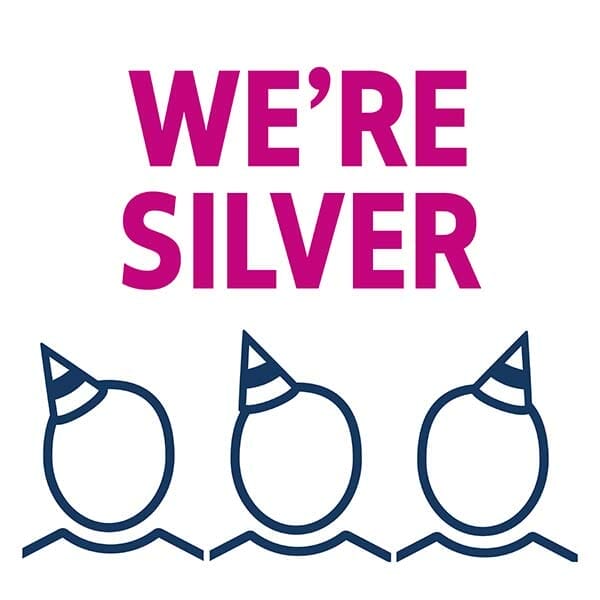Q&A with Mr Graham Faulkner, Chairman of QS Enterprises

In 2015, QS Enterprises Ltd celebrated its 30th anniversary. We took this opportunity to speak with Queen Square chairman of the board, Mr Graham Faulkner.
Q: Hello Graham, thank you for taking the time to speak with us. Please could you tell us a little about your role at Queen Square?
A: I am now the chairman of the board but I’ve been a director with QSE for three or four years. I got to know Anthony Wheatley, the previous chairman, when I was the chief executive of the Epilepsy Society. Anthony was the chairman there as well and we worked together for a number of years. When he was coming to the end of his time at QSE, he got me involved as a board member then I took over as chairman when he stepped down.
Q: What inspired you to work with QS Enterprises?
A: It’s a bit of a cliché but I think what the company does is a tremendous example of private practice and a benefit to the NHS. I thought the way the company is operated, making money through private practice for the benefit of the NHS, is a fantastic model of care.
Q: How has QS Enterprises developed over the last 30 years?
A: Queen Square started just doing optical scans at the National Hospital but then it developed with the heart hospital as well. In the time I’ve been there, we’ve been looking at other ways to bring the QSE model to other areas of activity. At the moment we are discussing new developments to increase the role of QSE both with UCLH and elsewhere in London.
Q: What else can you tell us about upcoming developments at QS Enterprises?
A: Private practice within the NHS is becoming more common and I know UCLH are certainly keen to see the development of private medicine within the hospital environment. We’ve been talking about the role that QSE might have to help with that. We have a proven track record of dealing with private patients, which we think could be helpful to the hospitals on a wider scale. Our chief executive Jodee is going to be doing some work at the Bloomsbury Private Ward in Queen Square over the next couple of months to look at how we might be able to bring the QSE approach to things within the hospital itself. This approach is gift-aiding the profits back to the hospital via the charitable trustees who then decide how that money’s going to be passed on to the hospital to improve facilities, perhaps to do things that wouldn’t be possible without that additional funding.
Q: With public suspicion of privatisation in the NHS, how does QSE communicate its benefit to the health service?
A: I think QSE is the acceptable face of privatisation. We’re working within the NHS envelope. The financial benefit of private practice is going to be fed back into the NHS to improve services so it’s not as though we are taking things out. It’s working alongside our colleagues at the NHS to benefit the patients, both private and NHS.
Q: What is QS Enterprises’ greatest achievement in your opinion?
A: The sheer amount of money that’s been made by QSE that has been channelled back into the hospital is probably in excess of £25m. This has funded things that wouldn’t have been possible without those charitable funds. A lot of the money for the new NMCCU unit came from QSE so it could be bought earlier in development than would otherwise have been the case. I think the sheer amount of money that’s been pumped into the NHS, long before I was involved, is a fantastic achievement.
Q: What challenges do you see QSE tackling in future?
A: We face the same challenges as the rest of the NHS in terms of funding. There will always be competition out there with other private providers within the health sector. We need to continue to generate the financial return we’ve made up until now


